Fitbit CEO says Apple Watch 'wrong way' to approach wearables
James Park, chief executive at Fitbit, in an interview published Monday described how his company was able to withstand what many viewed as direct competition from Apple in 2015, saying the Cupertino tech giant took a wrong turn with Apple Watch.
According to Park, Fitbit's health-minded products are in a different category than Apple Watch, which also packs in specialized fitness tracking features, reports The New York Times. Fitbit products are often simple, single-mode devices, whereas Apple crammed a little of everything into Watch.
"We look at it from a consumer point of view," Park said. Apple Watch "is a computing platform, but that's really the wrong way to approach this category from the very beginning."
Limiting functionality to activity monitoring, step counting and other health-related tasks makes Fitbit a less daunting consumer product than a multi-function Apple Watch, and it also keeps prices comparatively low. Fitbit started with basic activity tracking features and added functionality one step at a time, a strategy embodied by eight wearable offerings ranging from the $50 Zip to the $200 smartwatch-esque Blaze.
Hitting niche demographics at multiple price points is a benefit for Fitbit, which sold some 21.3 million units in 2015, nearly double the 10.9 million it moved a year prior. Still, big tech companies like Apple boast hundreds of millions of installed users, numbers that can quickly erode a smaller firm's marketshare. Moving forward, Park says Fitbit will need to remain vigilant when it comes to adding in new features like mobile payments and integration with the "Internet of Things."
"We're going to be very careful with how we include these things over time," he said. "I think one of the general knocks against smartwatches is that people still don't know what they're good for, so they've crammed everything in."
That being said, Fitbit's current success is at least in part thanks to Apple. When the iPhone 4S debuted in 2011 with support for accessory synching via Bluetooth 4.0, Park realized real-time connectivity opened the door to a slew of new fitness tracking possibilities. Playing off iPhone 4S, Fitbit moved to integrate Bluetooth into its upcoming products, a decision that delayed production by about six months but yielded a number of best sellers. Bluetooth connectivity is now standard on most wearables.
 AppleInsider Staff
AppleInsider Staff


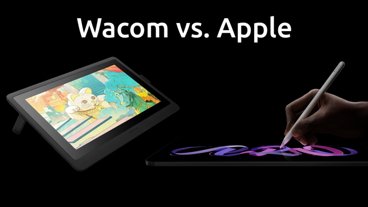
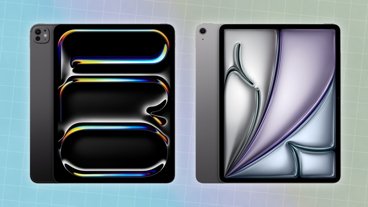
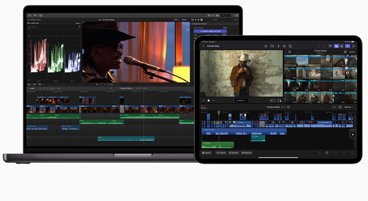
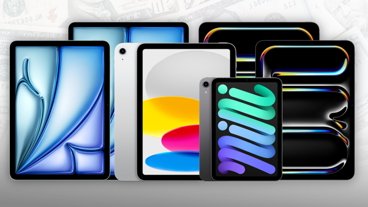







 Malcolm Owen
Malcolm Owen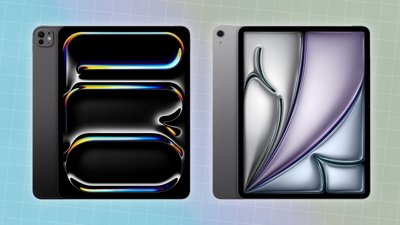
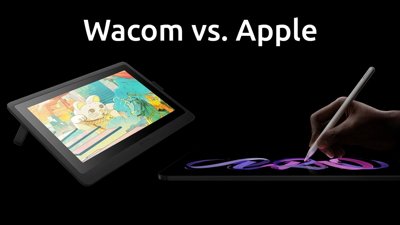
 Amber Neely
Amber Neely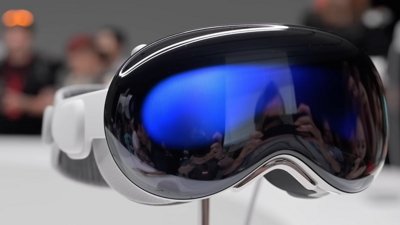

 Marko Zivkovic
Marko Zivkovic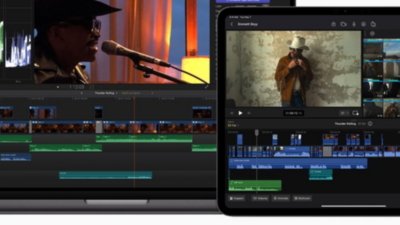
 David Schloss
David Schloss
 Wesley Hilliard
Wesley Hilliard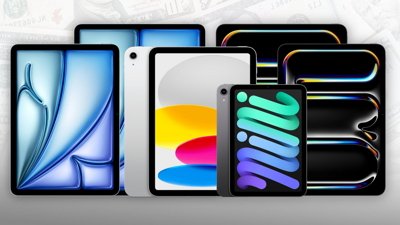
 Mike Wuerthele and Malcolm Owen
Mike Wuerthele and Malcolm Owen









43 Comments
Apple sells more watches in a year, than the entire wearables industry (like FitBit) did since existence, and this wad is saying that Apple is doing it wrong?
Keep that poker face up FitBit. We all know you're bluffing.
says the guy who runs a company that manufactures essentially one-trick ponies
The fitbit blaze demonstrates that this is matching the rhetoric to their limited abilities. They have already proven that they are not capable of producing an apple watch like device in complexity nor design. The Blaze has so few functions and a tiny screen, yet the design is still so aggressively compromised by its massive bezel and clunky plastic features that it makes one appreciate how apple were able to get their device to do so much in such a small housing.
Fitbit exist because they sell junky, disposable trackers which are cheap enough to be trivially acquired as part of a health kick. It's a repeat of the pedometer fad of the 90s. Fitbit have few established competitors at this price point, and are likely to be eaten soon by generic brands that offer the same feature set.
Meanwhile the first year sales of the Apple Watch have already eclipsed fitbit's entire company revenue. How I see it: Fitbit are already gone, now it's just going to be a few years of thrashing while the only valuable IP left is their brand name. (They'll probably be purchased by HTC or similar and have their logo slapped onto whatever copy-cat design they're working on at the moment.)
15 times the profits AKA : wrong way.... (sic) OK, if you say so dumbass.